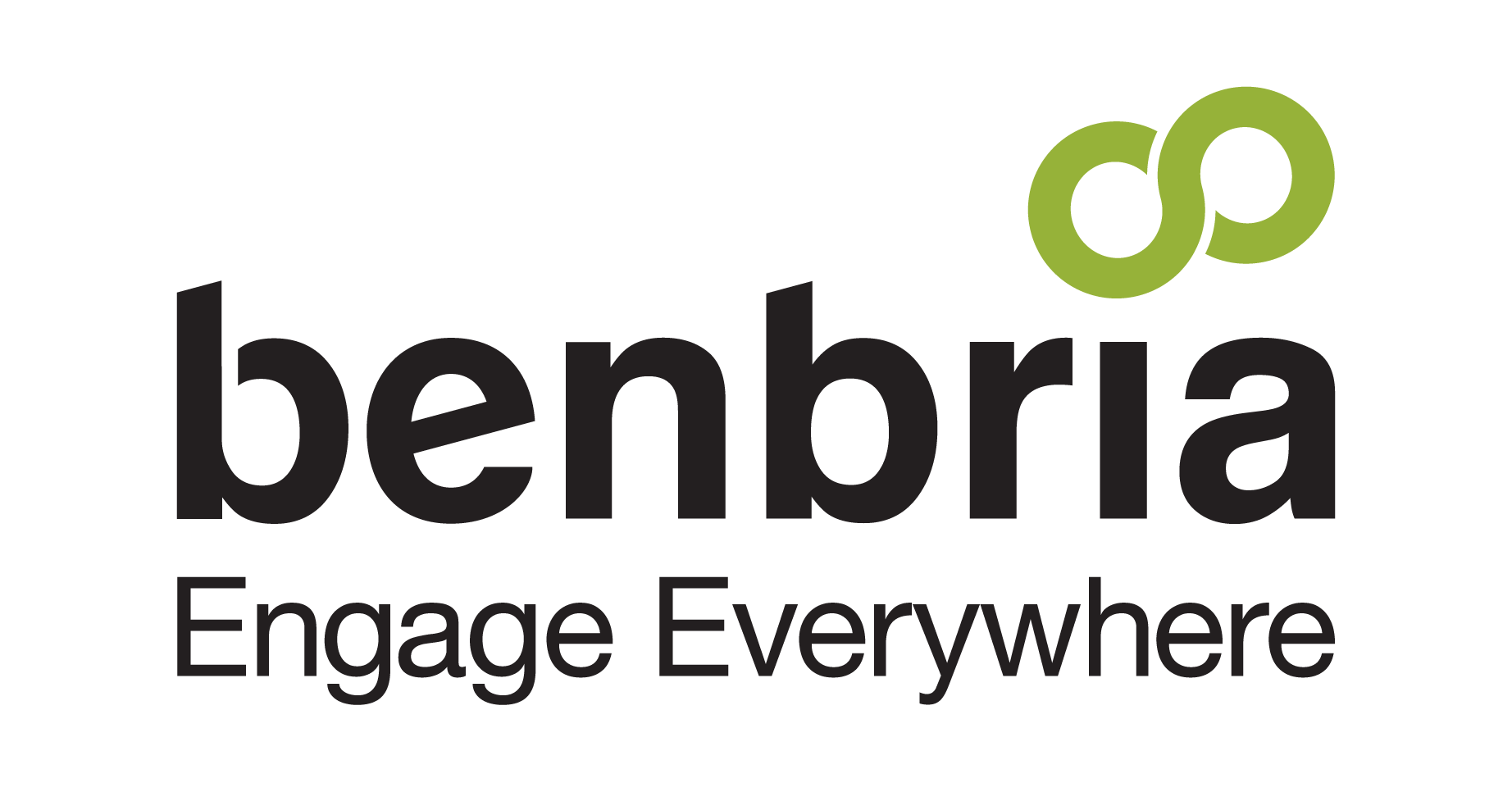As students embark on their journey of higher education, finding the perfect housing option becomes a top priority. The importance of student housing cannot be underestimated, as it significantly impacts academic performance, personal development, and overall well-being. However, identifying the ideal type of living space for students can be challenging for institutions. This is where the power of collecting feedback comes into play.
In this blog post we explore what role feedback has in student housing to help foster a better living experience for students on campus.
Why Collecting Feedback Matters
- Improving Student Satisfaction: Soliciting feedback from students living in campus housing allows schools to gauge their level of satisfaction. By addressing issues and concerns raised by residents, housing providers can continuously improve their services, leading to greater overall student satisfaction.
- Enhancing Living Conditions: Feedback serves as a valuable source of information to identify areas that need improvement within student housing. Whether it’s addressing maintenance issues, ensuring proper amenities, or enhancing security measures, feedback helps create an environment conducive to academic success and personal growth
- Tailoring Housing Services: Each student has unique preferences and requirements when it comes to housing. Collecting feedback enables housing administrators to understand these individual needs better. With 22% of students living in on-campus student housing, tailoring the housing to fit the needs of students helps prevent them from looking for housing off-campus.
- Identifying Trends and Patterns: Gathering feedback from multiple students over time helps identify trends and patterns in their housing experiences. This valuable data can be used to make informed decisions, implement strategic changes, and stay ahead of evolving student expectations.
- Promoting Student Engagement: Encouraging students to provide feedback fosters a sense of community and ownership within the housing facilities. When students feel heard and valued, they are more likely to engage actively in campus life and contribute positively to their living environment.
- Building Trust: Actively seeking feedback demonstrates a commitment to continuous improvement and student well-being. This builds trust between housing providers and residents, promoting a positive relationship.
- Preventing and Addressing Issues: Feedback serves as an early warning system, allowing housing administrators to identify and address issues promptly. Proactive problem-solving not only prevents larger problems from arising but also shows students that their well-being is a top priority.
Strategies for Collecting Feedback
- Surveys: Conducting regular surveys is a common and very effective method for gathering feedback from students. Loop Feedback is our easy to use survey builder that enables schools to collect student feedback across campus. From food service to housing and everything in-between, collecting student feedback is essential to maintaining a positive campus experience.
- Focus Groups and Town Hall Meetings: Organizing focus groups or town hall meetings allows for more in-depth discussions and encourages open dialogue between students and housing administrators.
- Resident Assistants (RAs): RAs are essential points of contact within student housing. Encouraging them to collect feedback from their peers can provide valuable insights into specific issues affecting residents.
- Messaging: Having dedicated and monitored channels to communicate with students allows for fast, real-time communication. Loop Messaging is an all-in-one messaging solution for outbound and inbound messaging. Connect social channels, digital channels and traditional channels to one inbox, making it more convenient for staff to quickly respond to student questions. Collect sentiment analysis from conversations and utilize the data to make meaningful changes across housing.
Collecting feedback is not just a formality; it is a powerful tool that can transform student housing into a thriving and supportive environment. By actively listening to students’ voices, housing providers can identify areas for improvement, tailor services, and foster a positive living experience that contributes to students’ overall success and well-being. Embracing feedback as a driving force behind decision-making ultimately benefits both the students and the institutions, creating a win-win situation for everyone involved.




